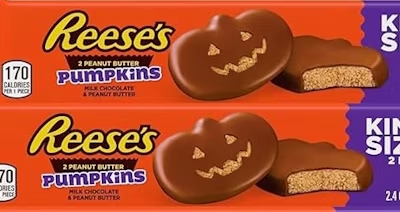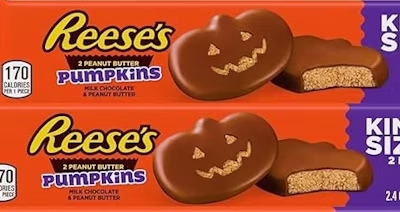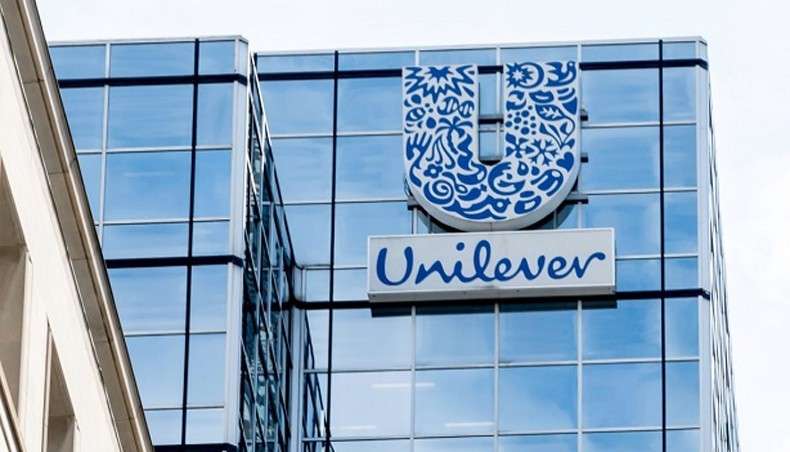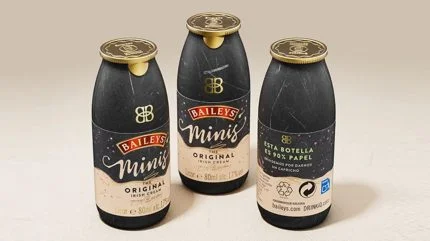Hershey’s Faces Lawsuit Over Alleged Misrepresentation of Reese’s Packaging
The Hershey Company, renowned for its popular Reese’s Peanut Butter products, is currently embroiled in a class action lawsuit filed by frustrated consumers in Florida. The lawsuit centers on allegations that the company misrepresented the appearance of several Reese’s products through deceptive packaging.
Allegations of Deceptive Packaging
The lawsuit, filed by four individuals, claims that Hershey’s violated Florida’s Deceptive and Unfair Trade Practices Act. The plaintiffs argue that the packaging of nine specific Reese’s products misled consumers about the actual appearance of the candy inside. They assert that the packaging depicted intricate artistic carvings that were not present in the actual products, which were instead described as “blanks.”
According to court documents obtained by NPR, the plaintiffs purchased the products based on the “false and deceptive representation” depicted on the packaging. The lawsuit includes photos comparing the packaging images to the actual candy inside, highlighting discrepancies. For instance, the packaging showcased detailed carvings on items like footballs and jack-o’-lanterns, but the actual candy lacked these features.
Specific Products Under Scrutiny
The nine Reese’s products named in the lawsuit are:
- Reese’s Medal
- Reese’s Peanut Butter Pumpkins
- Reese’s White Pumpkins
- Reese’s Pieces Pumpkins
- Reese’s Peanut Butter Ghost
- Reese’s White Ghost
- Reese’s Peanut Butter Bats
- Reese’s Peanut Butter Footballs
- Reese’s Peanut Butter Shapes Assortment (Snowmen, Stockings, Bells)
The plaintiffs allege that the packaging for these products was altered in recent years to boost sales, claiming that Hershey’s falsely represented the candy as having explicit carved designs. This discrepancy, they argue, led to consumer purchases based on misleading advertisements.
Impact on Consumer Trust
The lawsuit further contends that Hershey’s “deceptive advertising” caused consumers to buy the products due to the appealing carved designs shown on the packaging. The plaintiffs maintain that they would not have made these purchases if the products had been truthfully advertised. This alleged misrepresentation has not only sparked legal action but also raised concerns about consumer trust in the brand.
A Recurring Issue
This is not the first time Hershey’s has faced legal challenges over the design of its Reese’s products. Late last year, the company was the target of a similar lawsuit focusing on the artistic representation of some Reese’s Peanut Butter items. The recurrence of such issues underscores the ongoing scrutiny of Hershey’s marketing practices and the importance of accurate product representation.
Hershey’s Response and Legal Proceedings
As of now, The Hershey Company has not publicly responded to the latest lawsuit. The outcome of the legal proceedings could have significant implications for the company’s marketing strategies and consumer relations. If the court rules in favor of the plaintiffs, Hershey’s may need to reconsider its packaging designs and ensure greater transparency in its advertising practices.
Broader Implications for the Industry
The lawsuit against Hershey’s highlights a broader issue within the food and beverage industry: the accuracy of product representation. As consumers become more vigilant about their purchases, companies must prioritize honesty and transparency in their marketing efforts. Misleading packaging not only damages consumer trust but also exposes companies to legal risks and reputational harm.
Moving Forward
For Hershey’s, the lawsuit represents a critical juncture in maintaining consumer confidence and upholding ethical marketing standards. The company’s response to these allegations and any subsequent changes to its packaging practices will be closely watched by both consumers and industry stakeholders.
In conclusion, the class action lawsuit against Hershey’s over its Reese’s products underscores the importance of truthful product representation. As the case unfolds, it serves as a reminder to companies across the industry to adhere to honest advertising practices and prioritize consumer trust. The outcome of this lawsuit may well shape the future approach of food and beverage companies in their marketing strategies, emphasizing the need for accuracy and transparency in all consumer interactions.
Related: How Rising Cocoa Prices Impacts Hershey & Mondelez




